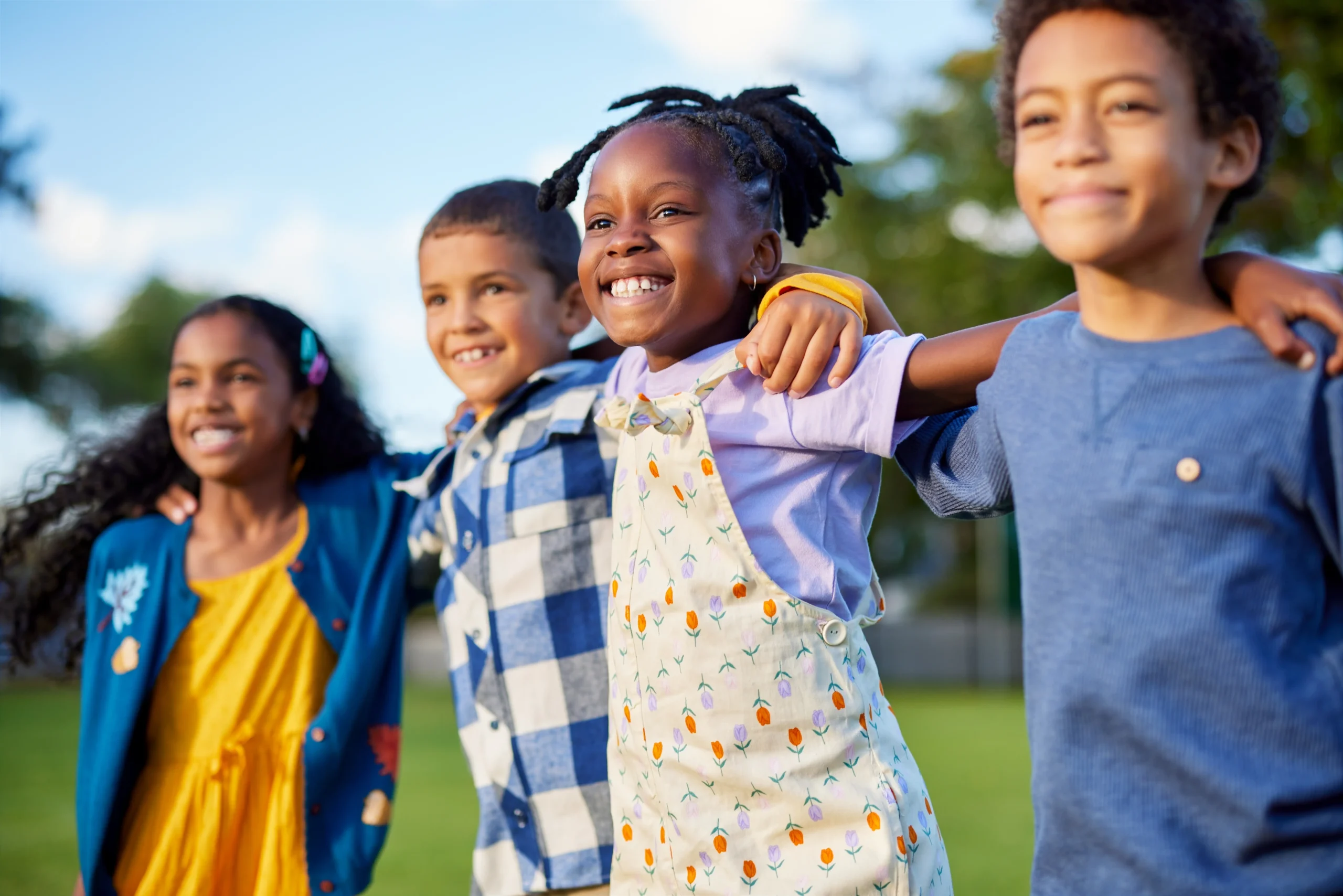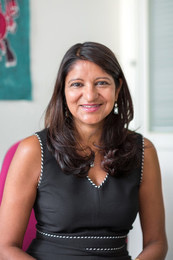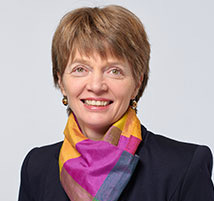The Child and Adolescent Public Health Section aims to support public health efforts in Europe to help children and adolescents achieve the best possible health. The Section covers priority themes including preconception and pregnancy, health literacy of parental skills, postnatal care, access to urgent care and preventive care, and vaccine uptake.
By joining this Section, you can exchange knowledge with researchers, policymakers and practitioners in the field of child and adolescent public health. You don’t need to be a EUPHA Member to join a Section.








